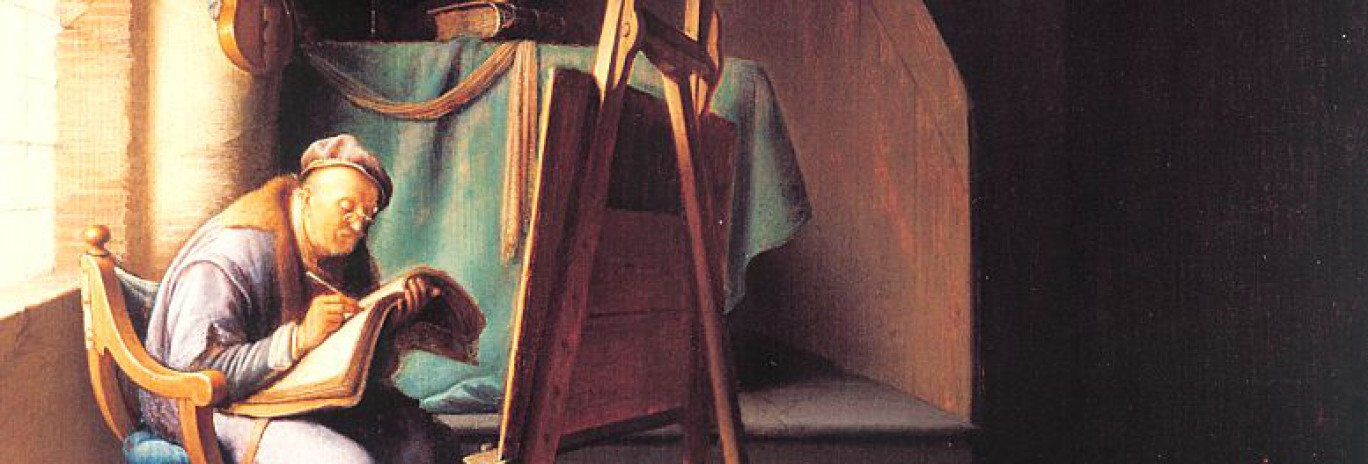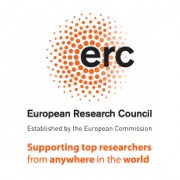Events
‘Giants, Fossils, and the Origins of Nationalism’, Public Lecture organized by Lorentz and Boerhaave Museum, 28 March, Leiden
Rijksmuseum Boerhaave and the Lorentz Center together organize the public lecture ‘Giants, Fossils, and the Origins of Nationalism’ by Anita Guerrini on Thursday 28 March 2019. The lecture starts at 16.00 at Rijksmuseum Boerhaave. Imagine you are the first person who digs up a fossil of a dinosaur. You probably think what in heavens name would this bone have belonged to? How did people who actually found the first fossils interpret their findings? In her lecture Anita Guerrini takes the audience through this experience and the fantastic stories the fossils gave rise to.
In antiquity, fossil bones were thought to be the remains of gods and mythological creatures. Like the mosasaur of Maastricht, fossil bones could become national symbols. However in early modern times the interpretation of fossils went beyond symbolism, and these remains were used to rewrite national histories. In France for instance, the supposed remains of the Gaulish king Teutobochus, found in 1613, confirmed that Gauls rather than Franks were the true Frenchmen.
Across Europe, fossil bones were compared with human bones. They looked like human arm and leg bones, but they were two to five times bigger. The historical narratives built around these bones told the stories of superhuman giants, origins for a favored nation, but also a belief in human decline. In her talk Anita Guerrini will not only show how modern historians and archaeologists have determined these bones to be the remains of mammoths, mastodons, and other extinct animals. But she will also shed a light on early modern antiquarians and natural philosophers, each claiming specific expertise, struggling to interpret the fossils within the shifting boundaries of early modern knowledge. In the eighteenth century, these debates crossed over into new explorations of time and extinction, once more rewriting natural and human history.
Anita Guerrini
Anita Guerrini is Horning Professor in the Humanities and Professor of History at Oregon State University. Her most recent book is The Courtiers’ Anatomists: Animals and Humans in Louis XIV’s Paris (University of Chicago Press, 2015), which won the 2018 Pfizer Prize of the History of Science Society for best scholarly book. Her new book project looks at giants, fossils, and nationalism in early modern Europe.
Collaboration Lorentz Center and Rijksmuseum Boerhaave
This public lecture is part of the Lorentz Center workshop ‘Types of Knowledge: Towards a New History of Concepts and Practices’, which takes place from 25 through 29 March 2019. Rijksmuseum Boerhaave and the Lorentz Center together organize public events in which internationally respected experts address a wide audience on topics of societal and/or scientific importance. The mission of Rijksmuseum Boerhaave, the Dutch National Museum for the History of Science and Medicine, is to increase public support for science in the Netherlands. The Museum’s activities are always designed to connect with current issues. Lorentz Center is a workshop center located at Leiden University. The Center organizes international workshops in all scientific disciplines, with the aim of promoting innovative and pioneering research, often relating to complex societal challenges. See www.lorentzcenter.nl for more information.
Lecture: ‘Fossils of Giants?’
Language: English
Date: Thursday 28 March 2019, 16:00 – 17:00
Venue: Rijksmuseum Boerhaave, Lange Sint Agnietenstraat 10, Leiden
Entrance: Special Guest Card, entrance ticket, friend of the museum
Information: Marieke Hendriksen, m.m.a.hendriksen@uu.nl


